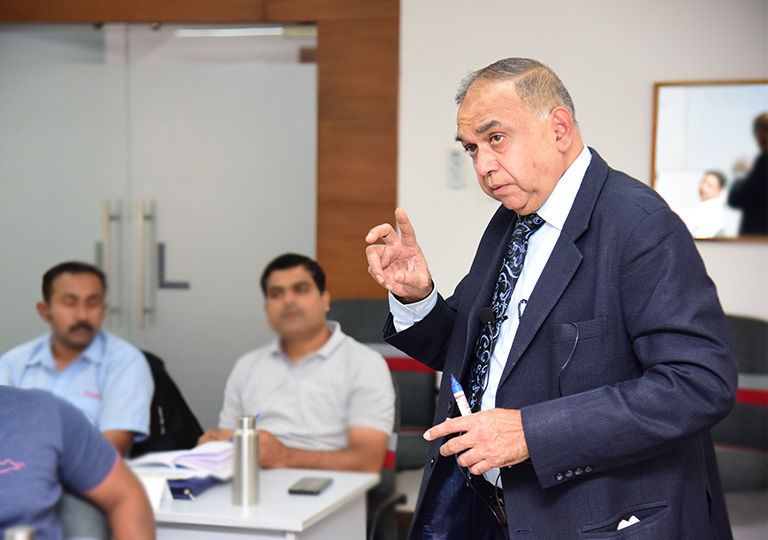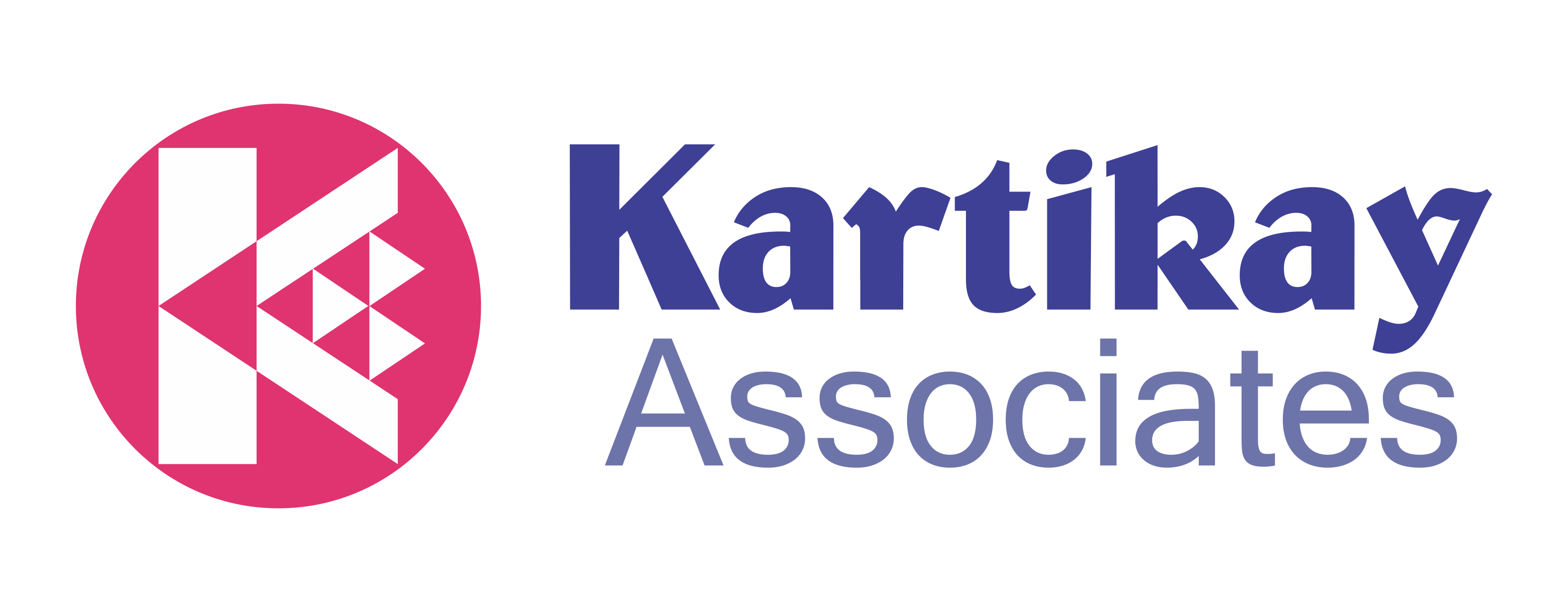It is common knowledge that people join ‘organizations’, however, they leave ‘bosses’. The way an employee experiences his/her workplace, including the relationship with bosses, peers, and subordinates, will go a long way in the employee’s productivity and longevity. One of the key elements is the working relationship with the boss and therein comes the aspect of micromanaging or giving autonomy.
Let us go back for a minute to the late ’80s, wherein, in the seminal work done by Shri. T.V. Rao and (Late) Shri. Uday Pareek outlined the concept of a desirable culture in organizations, namely the ‘OCTAPACE’ culture. ‘OCTAPACE’ is an acronym for Openness, Confrontation, Trust, Autonomy, Proactivity, Authenticity, Collaboration, and Experimentation.
To my mind, the aspect of ‘Micromanaging’ is covered beautifully in the two letters, T & A – Trust and Autonomy. Trust in the subordinate will allow autonomy to happen. Autonomy does not mean complete freedom –however, indicates operating within boundaries defined by the organization.
This brings us to three variables:
- Faith in subordinates’ abilities
- Faith in one’s own competencies
- Mutual trust
From the above stem other possibilities, like:
- Fear about job accomplishment and therefore inability to delegate
- Belief in “my way is the best way to do the job”, “I have spent many years here and I know.”
- Maybe there is a hidden urge to help the subordinate and keep checking whether the progress is on track.
- Over the period of time, the subordinates get used to the follow-up and wait for his/her boss to get instructions AND in addition wait for the boss to ask for feedback.
- Self-initiative on the part of the subordinates goes on reducing with every passing day.
In my experience, disadvantages in micromanaging are many, the only plus being the possibility of delivery on schedule. I have always endeavored to correct the situation by nipping it in the bud and not allowing it to fester leading to a reduction in productivity and more than that, a drop in morale. I have found that a frank and heart-to-heart chat with the boss and subordinate separately yields dividends. Other ways that I have employed range from plugging the deficiencies in the competency named as ‘Managing and Developing people’ and using the last two letters of OCTAPACE culture, namely collaboration, and experimentation, in discussion with boss and subordinate together.
About the Author

Dr. Krishnamurthy Iyer is a seasoned industrial engineer turned HR professional, with an established track record in change management, organizational diagnostics, and integration of HR processes with business strategies.
He possesses a versatile combination of human and industrial engineering skills with an experience spanning over 40 years in the human factor and effectiveness enhancement, as a natural trainer, facilitator & galvanizer of people, influencing team synergy and concerted action for results, with specialization in individual and team development and organization development.




